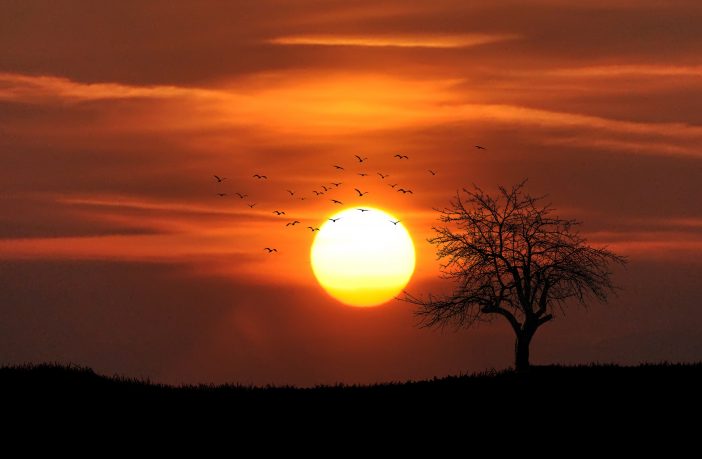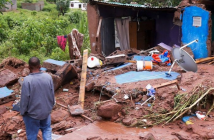Opinion
South Africa has all but lost its credibility when it comes to its renewable energy programme. Politics, corruption, mismanagement and policy uncertainty have seen the country’s globally respected renewable energy programme brought to its knees.
Many international independent power producers (IPP’s) who have had to endure the three-year delay in Round 4 sign off have opted not to participate in future rounds. The next round, Round 5 has been delayed by nearly four years now. The ongoing delay has caused a bottleneck as IPP wind and solar pipeline projects pile up. This will make round 5 and 6 projects ultra-competitive for new entrants.
The lack of clarity is ongoing. The 60-day window open for public comment on South Africa’s Integrated Resource Plan (IRP) closed at the end of October 2018 and Round 5 was expected to be announced open in November 2018. This did not happen.
The draft IRP delivered two major surprises: an 8100 Mw allocation to gas power and a 3-year gap in procurement between 2022 and 2024 for solar and wind projects. The three-year hiatus will be too much to bear for some IPP’s who’s shareholders seek consistency in project delivery.
There have since been three major events that could see the programme further delayed:
- Gas
Last year South Africa’s Energy Minister, Mr Jeff Radebe emphasised that South Africa intended taking a regional perspective on the gas opportunity. “Southern Africa has huge natural gas reserves in Tanzania and Mozambique, and within South Africa, Zimbabwe and Botswana [there is]gas in the form of coalbed methane. Furthermore, South Africa has potential shale gas.” he announced.
More recently a huge gas find was announced by the South African government. The find could mean an even higher capacity allocation to gas power in the country’s draft IRP, compromising the current allocation of solar Pv and wind power.
- Eskom Sustainability Task Team
Toward the end of 2018, South Africa’s president Cyril Ramaphosa appointed an Eskom Sustainability Task Team. The task team’s mandate is to advise the government on how to resolve the power utility’s operational, structural and financial challenges. Eskom’s debt which stood at R380bn at the beginning of last year has since grown to over R419bn. The state-owned power utilitie’s debt is a direct threat to the country’s sovereign debt. A power purchase agreement with IPP’s is difficult to pass without treasury debt guarantees. Commercial finance houses will be reluctant to finance renewable energy projects without sovereign debt security.
The Sustainability Task Team has appeared to recommend some radical changes to the structure of Eskom as a way of navigating its ways out of debt and overcoming the threat to sovereign debt. They may also have radical recommendations regarding the procurement of renewable energy from IPP’s.
- Unbundling of Eskom
Speaking at the State of the Nation Address (SONA) in Cape Town last week, South Africa President, Cyril Ramaphosa announced that the state energy utility, Eskom, will be unbundled into generation, transmission and distribution. This will mean that IPP’s would be signing power purchase agreements with the new ’Transmission Company’ which will operate under Eskom Holdings. It will take a few years for the new company to be fully operational. The new transmission company may also formulate a new set of terms and a condition for PPA’s which could further delay the renewable energy programme.
Throw in the interests of militant labour unions NUM and NUMSA who are hell bent on preserving jobs in the coal industry plus groups like the Black Energy Professionals Association (BEPA), who lament the fact that blacks have been excluded in the awarding of previous PPA’s , and you suddenly have quite a volatile situation that could spill over into the streets. This will do very little for investor confidence and could potentially further delay the opening of Round 5.
The irony is that Round 5 is expected to inject around R40-50 Billion investment which is much needed in the economically challenged South African economy. What next? What next is anyone’s guess?
Author: Bryan Groenendaal















